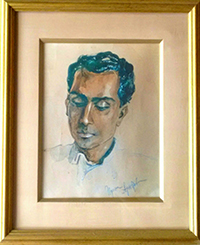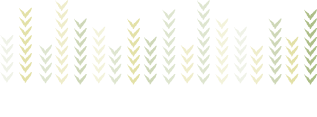ARCHIVE
Vol. 5, No. 2
JULY-DECEMBER, 2015
Research Articles
In Focus*
Review Articles
Tribute
Field Reports
TRIBUTE
Amalendu Guha
 |
| b. Imphal, January 30, 1924: d. Guwahati, May 7, 2015 |
Introduction
Amalendu Guha was a leading Indian economist, economic and social historian, teacher, and writer. His work covered a wide field.1 He was the pre-eminent historian of modern Assam. He was a specialist in the modern history of Afghanistan, and aspects of the history of the Indian bourgeoisie and the Indian economy in the colonial period. His annotated bibliography of Lenin’s writings on the agrarian question (Guha 1977) was, in its time, an essential guide for students of the agrarian question.
Amalendu Guha’s scholarly work, his involvement with Assamese culture and literature and with people’s movements of the Left in Assam and the North East of India, and his participation in the struggle against regional chauvinism, helped generate what was to be one of his landmark contributions to Marxist thought, his writings on the national question in India. Of this contribution, Prakash Karat writes that
Amalendu Guha provided the most creative insights to the process of linguistic-nationality formation and its dialectical relation to the development of a pan-Indian nationalism. By this, he made a signal contribution to a Marxist understanding of the complex national question in India.2
And in a fine and learned tribute in People’s Democracy, Prabhat Patnaik writes that Amalendu Guha’s
ideas on the nationality question . . . constitute an original contribution to the corpus of Marxist theory. He suggested that we had a dual national consciousness in India, a pan-Indian national consciousness coexisting with an Assamese or a Bengali or a Tamil nationality consciousness. A lack of recognition of this and an over-emphasis upon one of these to the exclusion of the other brought about a reaction that could be sharp, and dangerous.3
Amalendu Guha was a creative writer in Assamese and Bengali, and a poet of distinction and renown in Assamese.
As every writer on Amalendu Guha and his scholarly work has noted, he was a member of the undivided Communist Party of India from his youth until 1965, and identified himself as a Communist until the end. Amalendu Guha was a warm friend, a conversationalist, an astute observer of his fellow human beings, and firm in his adherence to principle.
The Editorial Board of the Review of Agrarian Studies presents essays in tribute to Amalendu Guha by two distinguished scholars and writers, Sabyasachi Bhattacharya and M. S. Prabhakara.
Editor
Review of Agrarian Studies
Notes
1 A useful bibliography of his work is in Hussain and Chetia (2015).
References
| Guha, Amalendu (1977), “Lenin on the Agrarian Question,” Social Scientist, vol. 5, no. 9, Apr, pp. 61-80, available at http://www.jstor.org/stable/3516720, viewed on October 4, 2015. | |
| Hussain, Bonojit, and Chetia, Mayur (2015), “A Tribute and a Bibliography: Remembering People’s Historian Amalendu Guha (1924-2015),” May 15, available at http://www.sacw.net/article11190.html, viewed on October 4, 2015. | |
| Patnaik, Prabhat (2015), “Amalendu Guha,” People’s Democracy, May 24, available at http://peoplesdemocracy.in/2015/0524_pd/amalendu-guha, viewed on October 4, 2015. |


